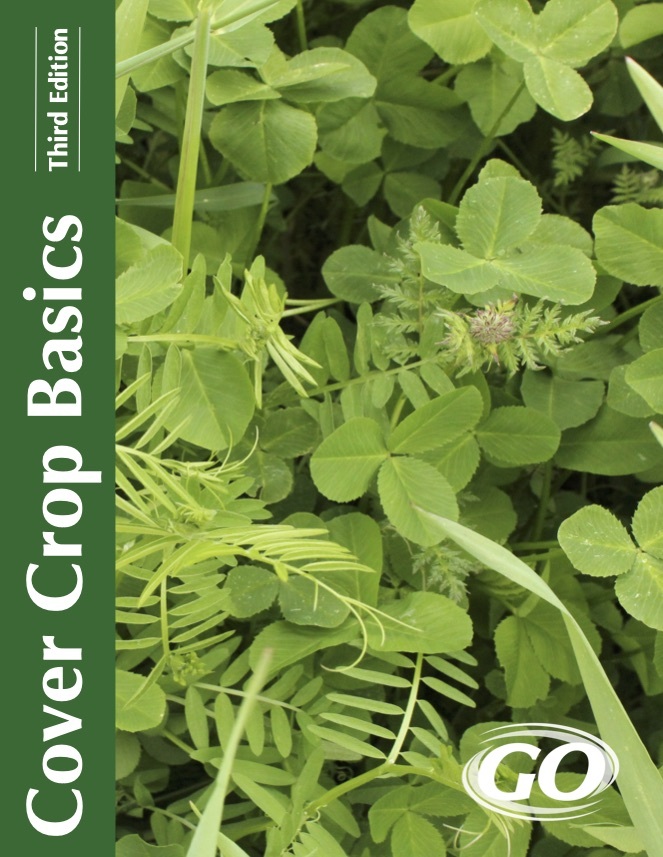Root-knot nematodes are the most aggressive and damaging plant parasitic nematodes (PPNs) on many crops. Brassicaceous cover crops are known to produce biocidal isothiocyanates, volatile allelopathic compounds that can be used as biofumigants to suppress PPNs. Soil health assessment is often performed by evaluating the physical, chemical, and biological properties of the soil. In the last few decades, nematodes have been used as bioindicators of soil health. Specific objectives of this research were to understand the effect of sorghum/sorghum-sudangrass hybrids (SSgH) variety and plant age on the allelopathic effect of SSgH against nematodes, examine the effects of no-till SSgH cover cropping on the population dynamic of soil microbial profiles and nematode soil health indicators, and investigate the relationship between soil health indicators and PPN suppression.


